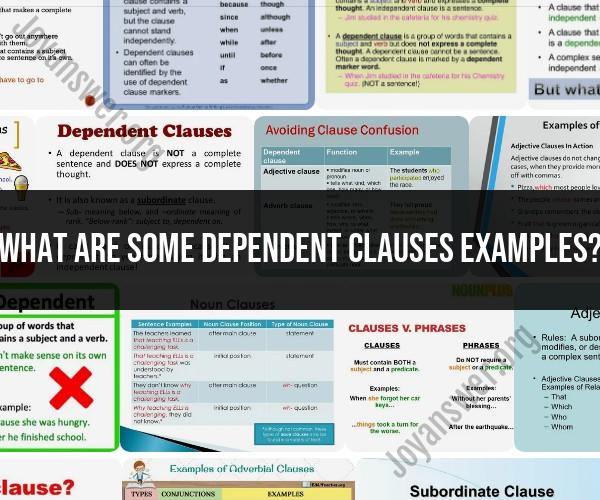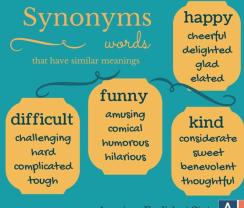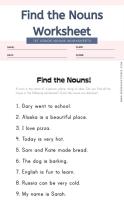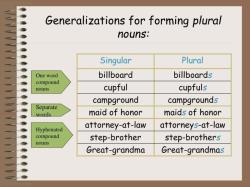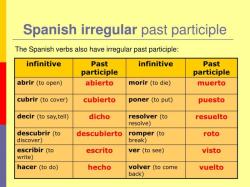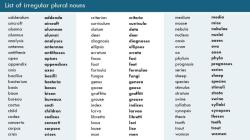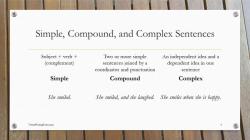What are some dependent clauses examples?
Dependent clauses, also known as subordinate clauses, are clauses that cannot stand alone as complete sentences because they do not express a complete thought. Instead, they rely on independent clauses to make sense. Here are some examples of dependent clauses:
Because she was tired, (This dependent clause sets up a cause-and-effect relationship but doesn't complete the thought. An independent clause is needed to complete the sentence, e.g., "Because she was tired, she went to bed.")
Although it rained all day, (This clause introduces a contrasting idea but requires an independent clause to complete the thought, e.g., "Although it rained all day, we still had fun at the indoor party.")
When the bell rings, (This dependent clause indicates a point in time but doesn't express a complete idea. It can be completed with an independent clause, e.g., "When the bell rings, class is over.")
While I was studying, (This clause sets up a background context but doesn't complete the thought. An independent clause is needed, e.g., "While I was studying, my phone kept ringing.")
If you finish your homework, (This dependent clause introduces a conditional statement and requires an independent clause to convey the result, e.g., "If you finish your homework, you can go out to play.")
Unless they arrive soon, (This clause introduces a condition or exception but doesn't express the full idea. It can be completed with an independent clause, e.g., "Unless they arrive soon, we'll start the meeting without them.")
Wherever you go, (This dependent clause indicates a location or place but needs an independent clause for the sentence to be complete, e.g., "Wherever you go, I'll follow.")
Dependent clauses often begin with subordinating conjunctions like "because," "although," "when," "while," "if," "unless," "wherever," and others. These clauses add depth and complexity to sentences by providing additional information, but they rely on independent clauses to convey a full meaning.
